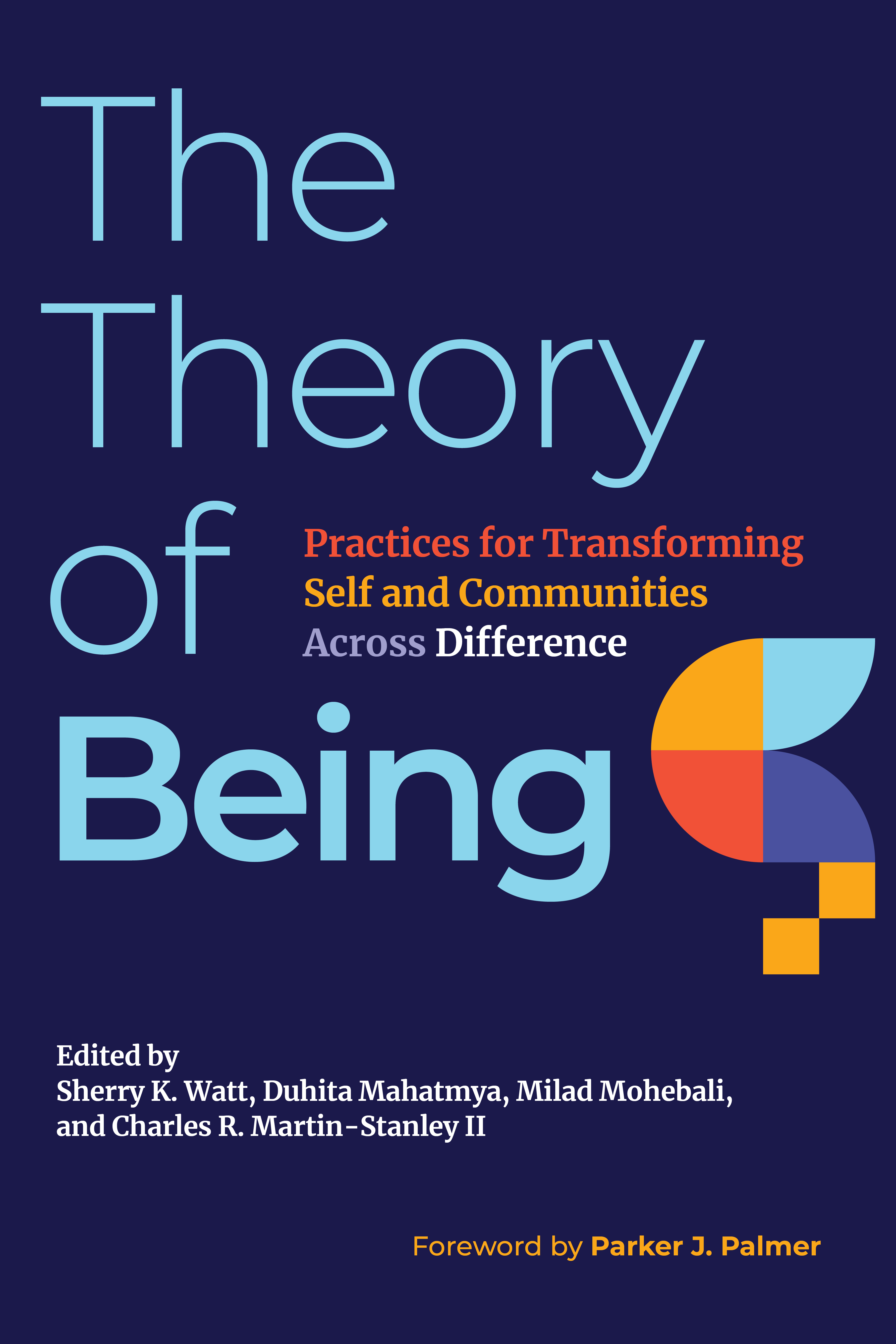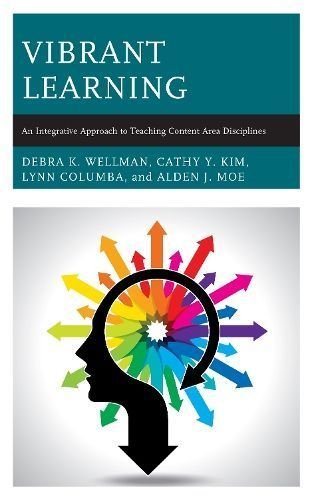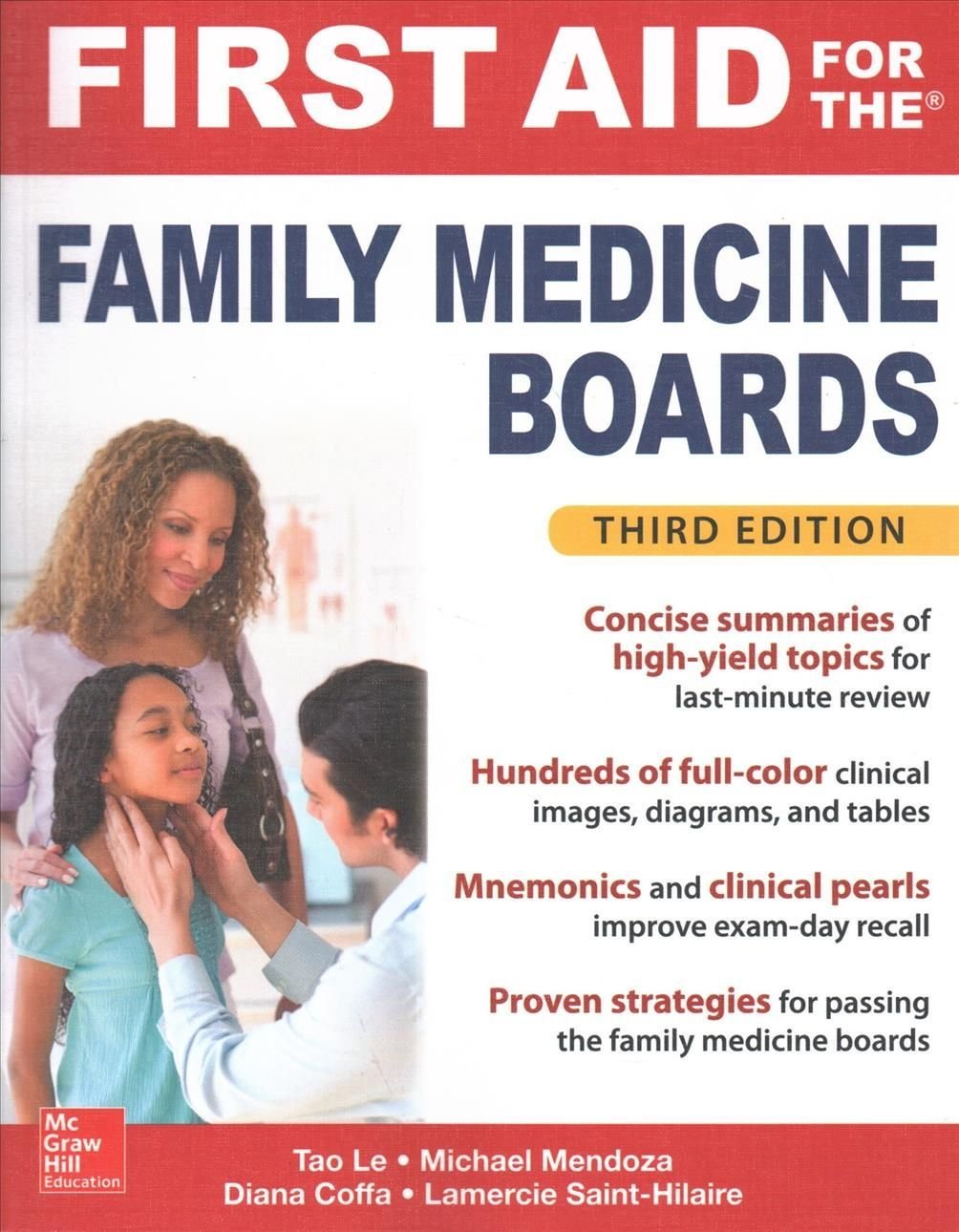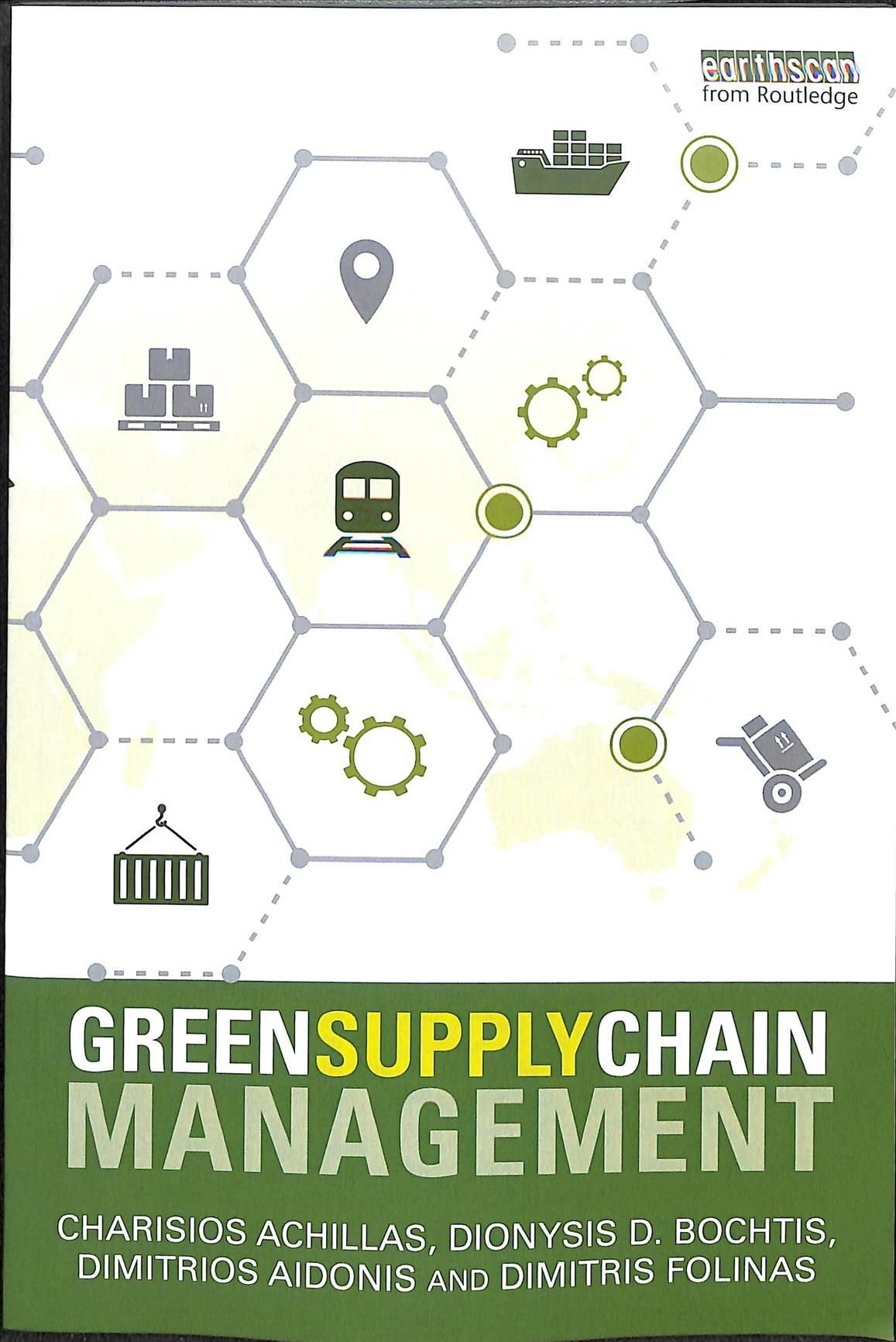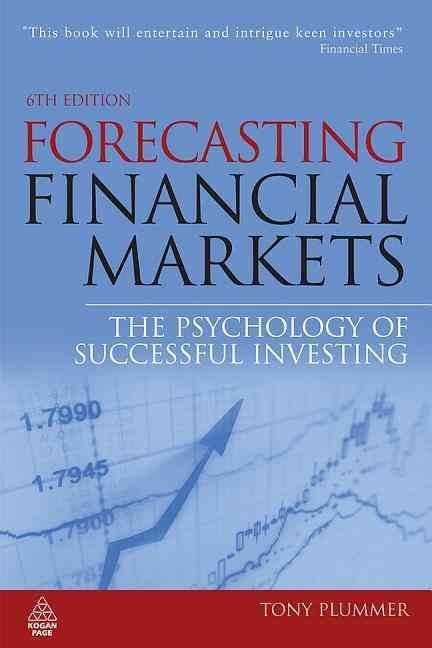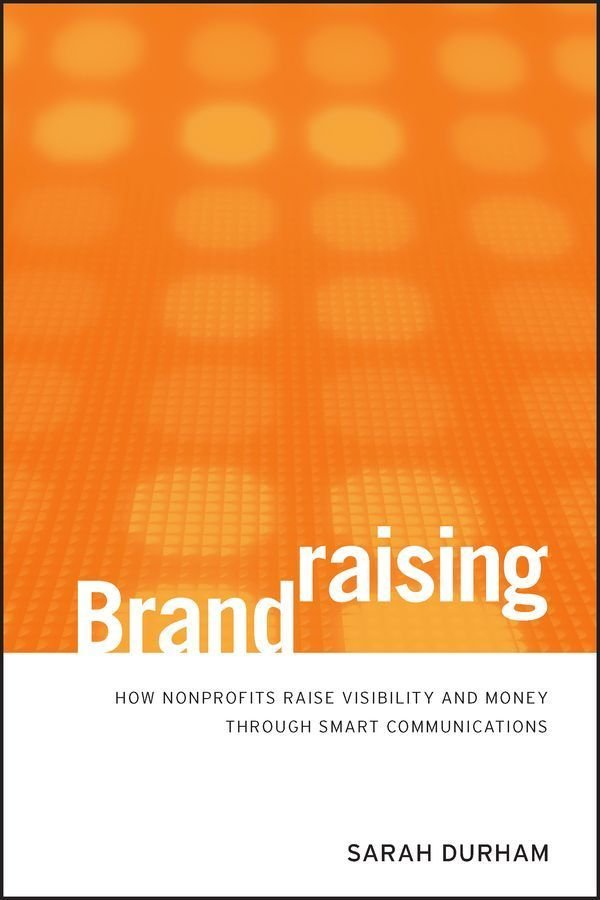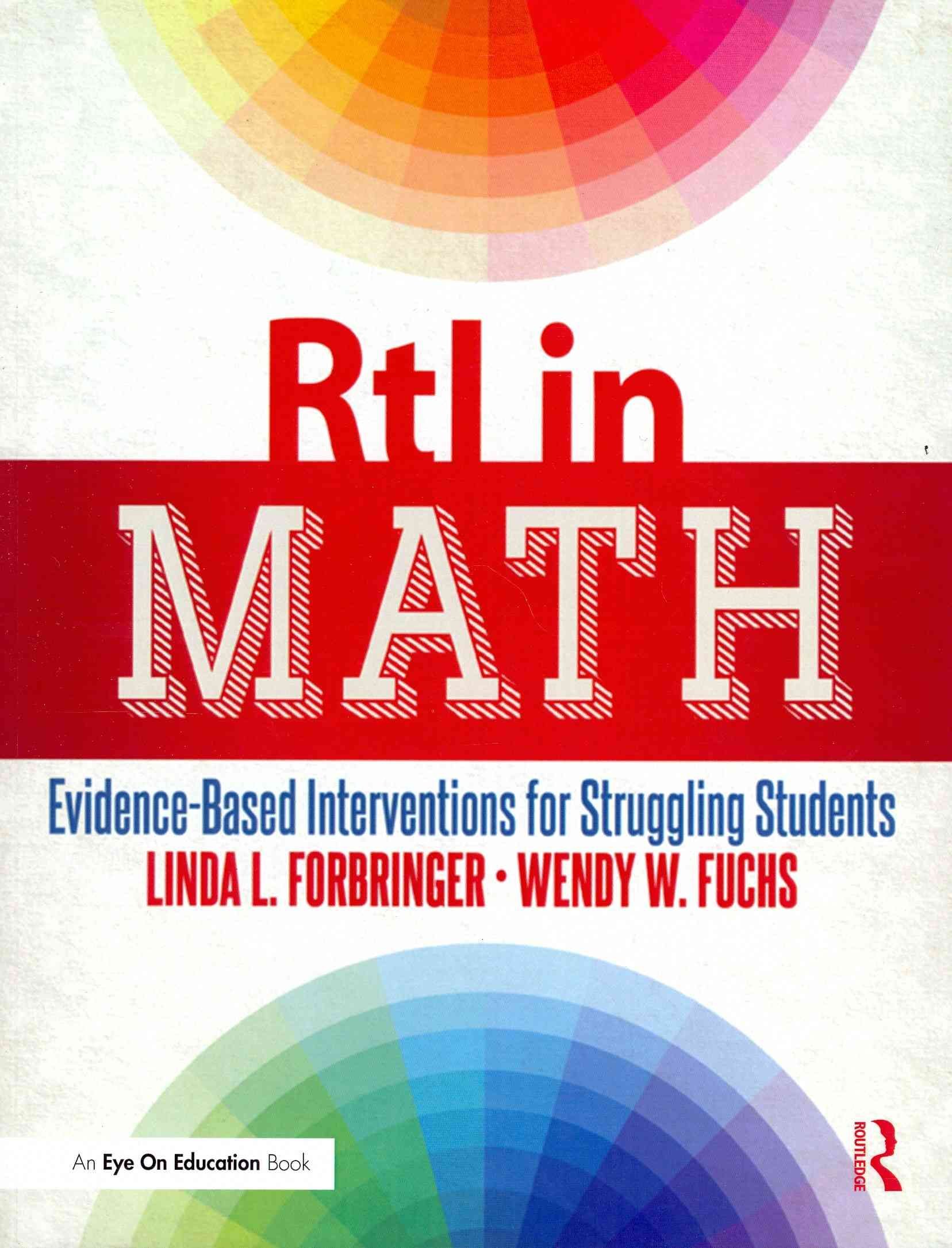This book presents a state-of-the-art, robust, and adaptable process, the Theory of Being, that offers strategies for working across Difference, and for embarking on constructive dialogue around the issues that drive us apart, both individually and collectively. Whether around racial, gender, and/or social class inequity, core beliefs, uses of power or other points of cultural conflict, this book offers a research-validated approach, developed and refined over twenty years, to engage in difficult dialogues. The Theory of Being includes personal, relational, and community practices that support individuals and communities to better work through the difficult dialogues necessary to transform systems of structural inequity. It describes and offers applications of Being to help the reader understand and apply principles and practices that invite openness to controversy through facilitating deep reflection and shifting the focus of conflict from individuals to centering the issue of contention as a Third Thing about which participants can more safely express experiences and emotions. Via cases and narratives, the editors and contributors demonstrate how, through productively situating feelings of vulnerability and anger, individuals, organizations, and communities can work together to continuously evolve responsive, inclusive, and equitable practices that value social and cultural differences. This book focuses on strategies for the “how” we interact, demonstrating an orientation to process rather than prioritizing outcomes. A process-orientation can increase the quality of interaction between individuals, and the likelihood of traversing problems associated with controversial social difference in ways that result in sustainable strategies to disrupt systems of oppression. A range of applications exemplify this approach throughout the text. The primary audience is higher education leaders and leaders-in-training including student affairsprofessional staff, campus administrators, higher education and student affairs faculty, and undergraduate and graduate students. However, the approach has broad implications for any persons who want to productively engage across Difference in their personal and/or professional lives.
